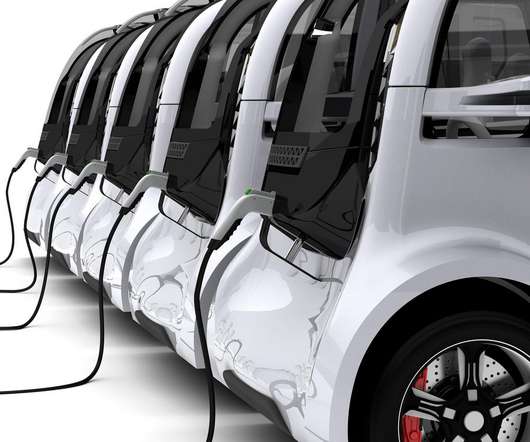Mercedes-Benz launching round-the-world fuel cell car drive
Green Car Congress
JANUARY 11, 2011
Mercedes-Benz intends to use the F-CELL World Drive is to demonstrate the efficiency and suitability for everyday use of fuel cell technology, and at the same time campaign for the development of a global hydrogen filling station network. Such an undertaking would not be possible, using purely battery-powered electric vehicles.












Let's personalize your content